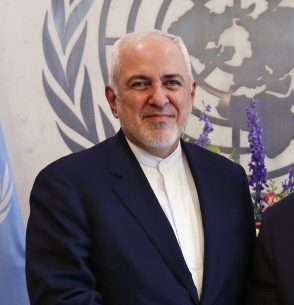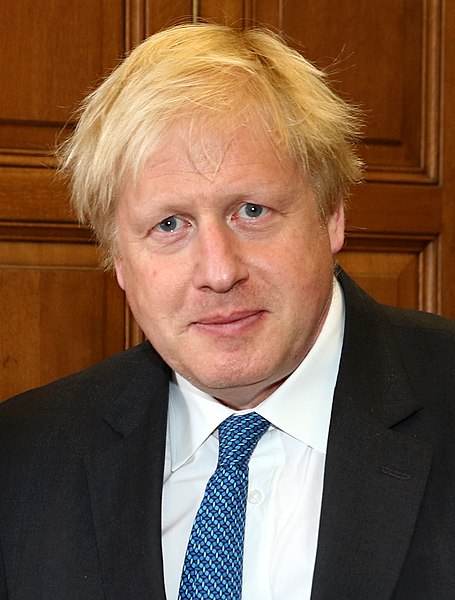July 19, 2019

The United States has withdrawn its threat to impose sanctions on Foreign Minister Mohammad-Javad Zarif, but has instead limited the ability of all Iranian diplomats at the United Nations to move around New York City—an action Zarif labeled “inhuman.”
US Treasury Secretary Steven Mnuchin last month said the United States would sanction Zarif within days. Such sanctions would normally bar him from receiving a visa, but that would violate the US agreement with the UN allowing officials of UN member states access to the UN compound in Manhattan. The whole idea of sanctions on a foreign minister was treated with disdain by many people and the US subsequently withdrew the threat.
But the US has now imposed movement restrictions, not only on Zarif, but also on all Iranian diplomats assigned to the UN headquarters in New York.
They may only travel between the United Nations Headquarters compound on the East River, the Iranian UN mission a few blocks away, the Iranian UN ambassador’s residence on the Upper East Side of Manhattan, and John F. Kennedy Airport, for which they must use the Queens Midtown Tunnel. There is also a carve-out for the six blocks surrounding Queensboro Plaza in Long Island City in the borough of Queens. The announcement did not explain the reason for that exemption, but it was presumably to allow the diplomats to shop for food and other basic needs.
Zarif told reporters on his arrival in New York July 17, “It is certainly not a friendly action. It puts the members of the mission and their families under basically inhuman conditions. But for me, it’s fine because I don’t have any work anywhere other than the three buildings.”
Actually, Zarif has in the past routinely visited television studios all around Manhattan for interviews. He cannot do that anymore. But that doesn’t change much, as he is giving interviews now at the Iranian mission offices and the ambassador’s residence.
Before the new rules, Iranian diplomats—like envoys of North Korea, Syria and Cuba—were already confined to a radius of 25 miles (40 km) from Columbus Circle in Manhattan. According to the UN Blue Book, which lists diplomats of each mission to the world body, there are 13 Iranian diplomats living in New York.
The United Nations said it had told the United States it was concerned by the new tight travel restrictions.
A US State Department official said the United States had acted “in a manner that is fully consistent” with its obligations under its 1947 agreement with the United Nations.
Section 15 of that agreement says all New York resident representatives of UN member states “shall, whether residing inside or outside the headquarters district, be entitled in the territory of the United States to the same privileges and immunities, subject to corresponding conditions and obligations, as [the US] accords to diplomatic envoys accredited to it.”
But the agreement also says that in the case of UN members whose governments are not recognized by the United States, “privileges and immunities” for resident representatives need to be extended “only within the headquarters district, at their residences and offices outside the district, in transit between the district and such residences and offices, and in transit on official business to or from foreign countries.”
Hooshang Amirahmadi, president of the Princeton, New Jersey-based American Iranian Council research group, told the Voice of America he believes the unusually tough new travel restrictions are intended to “humiliate” Iran and will not help to resolve the long-running tensions. But he disputed Zarif’s contention that the US measures are “basically inhuman.”
“Iran has a UN mission in New York and an interests section in Washington, while the US has no diplomatic offices in Iran,” Amirahmadi said. “So Iran has more access to America than vice versa, and the time has come for that inequality to be corrected.”
In an interview with The Washington Post, US Secretary of State Mike Pompeo said: “US diplomats don’t roam around Tehran, so we don’t see any reason for Iranian diplomats to roam freely around New York City, either.”























